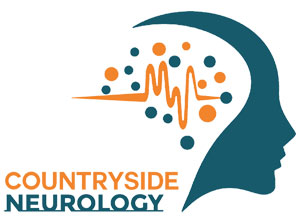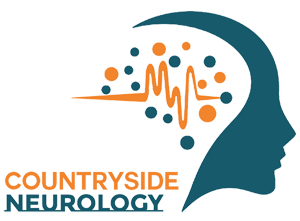TMS therapy has shown promise in the treatment of Post-Traumatic Stress Disorder (PTSD), offering a new avenue of hope for individuals struggling with this debilitating condition. While the field of TMS for PTSD is still developing, research and clinical trials have indicated its potential effectiveness in reducing PTSD symptoms and improving overall well-being. Here are some ways in which TMS therapy can be utilized to treat PTSD:
- Targeted Brain Stimulation: TMS therapy involves the use of magnetic fields to stimulate specific areas of the brain. In the case of PTSD, the focus is often on the prefrontal cortex, a region involved in emotional regulation and memory processing. By targeting this area with repetitive magnetic pulses, TMS therapy aims to modulate neural activity and restore balance in brain circuitry disrupted by trauma.
- Reversing Neural Dysregulation: Traumatic experiences can lead to neural dysregulation, where certain brain regions become overactive or underactive, contributing to the development and maintenance of PTSD symptoms. TMS therapy seeks to restore balance by normalizing neural activity in the affected areas, helping to alleviate symptoms such as hyperarousal, intrusive thoughts, and emotional distress.
- Enhancing Fear Extinction and Memory Processing: PTSD is often characterized by the persistence of traumatic memories and an impaired ability to extinguish fear responses associated with those memories. TMS therapy may aid in fear extinction and memory processing by facilitating the reorganization of neural networks and promoting adaptive responses to traumatic memories. This can contribute to reducing the intensity and emotional impact of traumatic experiences, leading to symptom improvement.
- Complementary Treatment Option: TMS therapy is typically used as an adjunct to other evidence-based treatments for PTSD, such as psychotherapy and medication. It can enhance the effectiveness of these interventions by providing targeted brain stimulation that complements the therapeutic process. TMS therapy may be particularly beneficial for individuals who have not responded well to other treatment approaches or have experienced limited relief from medications.
- Ongoing Research and Advancements: The field of TMS for PTSD is still evolving, with ongoing research aimed at optimizing treatment protocols and understanding its long-term effects. As more studies are conducted and data is gathered, the efficacy and specific applications of TMS therapy for PTSD will become better understood, potentially leading to further advancements in treatment outcomes.
If you are considering TMS therapy, please contact Countryside Neurology, who can provide you with a comprehensive evaluation and guidance to determine if TMS is right for you. Call us at 727-712-1567 for an initial consultation.
Sources:
ChatGPT





